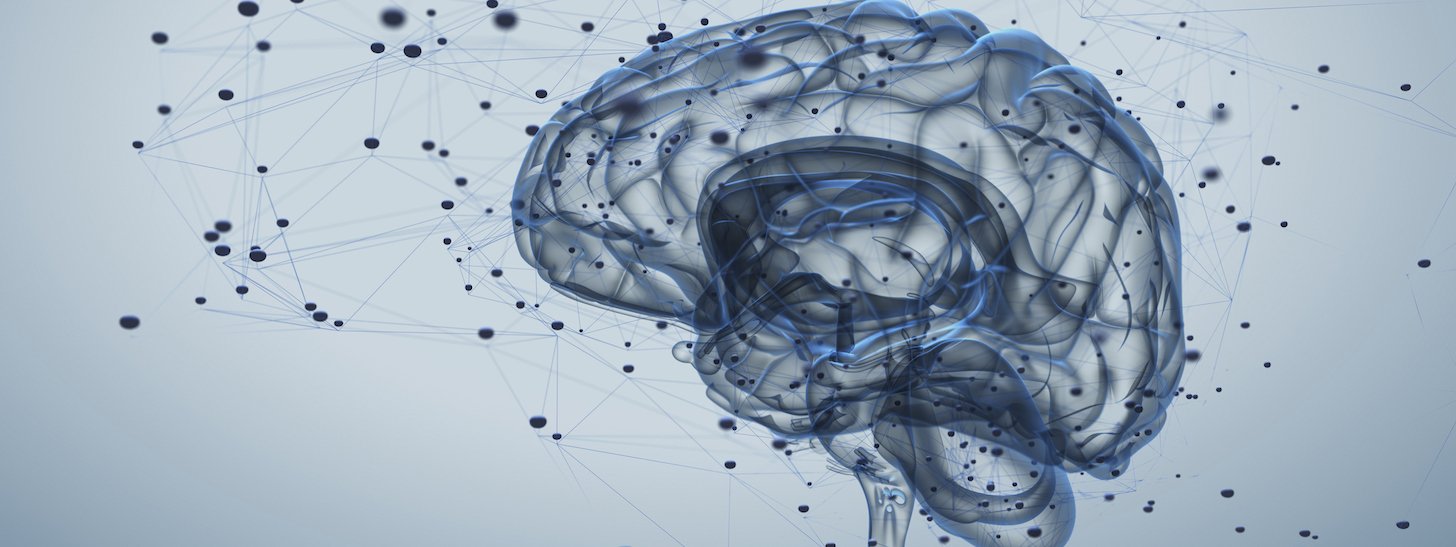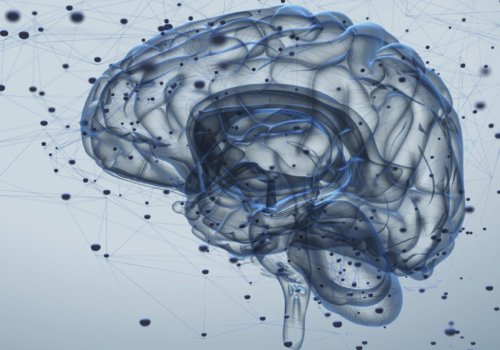American Headache Society Wants Patients, Physicians to Know About New FDA Warning on NSAIDs About Heart Attack and Stroke Risk
For Immediate Release
AMERICAN HEADACHE SOCIETY WANTS PATIENTS, PHYSICIANS TO KNOW ABOUT NEW FDA WARNING ON NSAIDS ABOUT HEART ATTACK AND STROKE RISK
People Taking These Anti-inflammatory Drugs Should Speak With Their Physician; When Prescribed, Low Dose and Short Duration Recommended
MOUNT ROYAL, NJ (July 16, 2015)– The American Headache Society wants people with migraine and other headache disorders, as well as their physicians, to know that the U.S. Food & Drug Administration (FDA) has issued a new warning about possible heart attack and stroke risk for people taking nonsteroidal anti-inflammatory drugs (NSAIDs). The FDA has identified an elevated risk, even for those who have no known heart disease or stroke risk factors. The FDA will require manufacturers to include information in their drug packaging that discusses these risks. The warning covers popular over-the-counter NSAIDs such as Advil®, Motrin® and Aleve®, as well as prescription medications. The new warning does not apply to aspirin, which is a different type of NSAID.
“Physicians should prescribe NSAIDs with caution, and consider other treatment options, especially for longer term treatment,” said Lawrence C. Newman, MD, FAHS, President of the American Headache Society and Director of the Headache Institute at Mount Sinai-Roosevelt Hospital (New York City). “If NSAIDs must be used, it would be prudent to give the lowest possible dose for the shortest period of time.”
According to the FDA, heart attack or stroke risk can occur as early as a few weeks after beginning NSAIDs, and longer use may further increase risk. Use of NSAIDs after a heart attack raises risk of death within the first year. The use of NSAIDs also increases the chances of developing heart failure. It is unknown if some NSAIDs are riskier than others.
“Many people with migraine and headache take NSAIDs on a daily or occasional basis,” added Dr. Newman. “The take home for patients is to become educated about this new warning, and speak with their doctor. They should also reduce their controllable heart attack and stroke risk factors by not smoking, keeping their weight within normal limits, avoiding excess alcohol intake and working with their physician to keep cholesterol, blood pressure and diabetes under control.”
The FDA has stated that the risk of heart attack or stroke for those taking NSAIDs is even greater than originally thought when it was first identified in 2005.
People taking NSAIDs should be aware of symptoms of heart attack and stroke, and seek immediate medical attention if any of these are present:
- Chest pain
- Shortness of breath
- Difficulty breathing
- Weakness on one side of the body
- Slurred speech
For more information, go to https://americanheadachesociety.org/news/fda-sees-stronger-link-between-popular-pain-meds-and-heart-attack-or-stroke/
ABOUT MIGRAINE: Some 36 million Americans live with migraine, more than have asthma and diabetes combined. An estimated three to seven million Americans live with chronic migraine, a highly disabling neurological disorder. Migraine can be extremely disabling and costly, accounting for more than $20 billion in direct (e.g. doctor visits, medications) and indirect (e.g. missed work, lost productivity) expenses each year in the United States.
ABOUT THE AMERICAN HEADACHE SOCIETY: The American Headache Society (AHS) is a professional society of health care providers dedicated to the study and treatment of headache and face pain. The Society’s objectives are to promote the exchange of information and ideas concerning the causes and treatments of headache and related painful disorders. Educating physicians, health professionals and the public and encouraging scientific research are the primary functions of this organization. AHS activities include an annual scientific meeting, a comprehensive headache symposium, regional symposia for neurologists and family practice physicians, and publication of the journal Headache. www.americanheadachesociety.org


